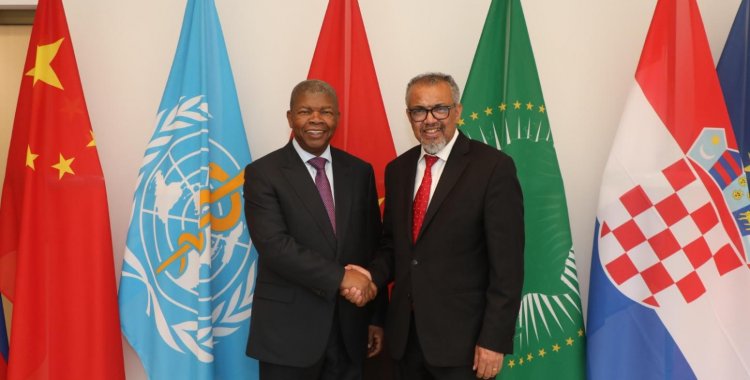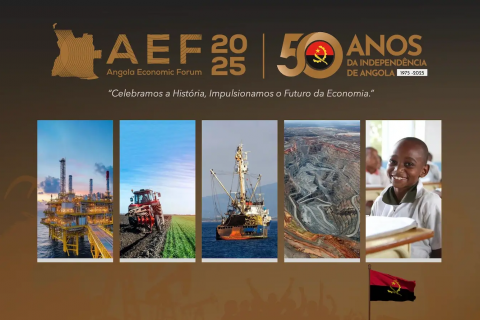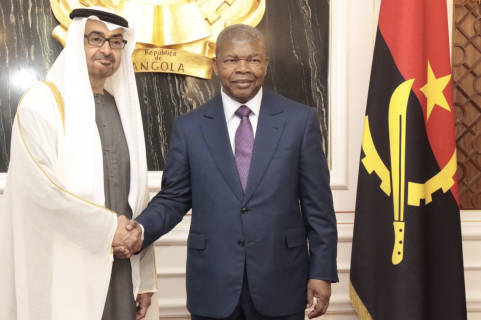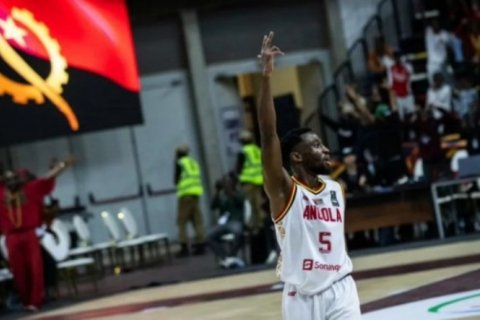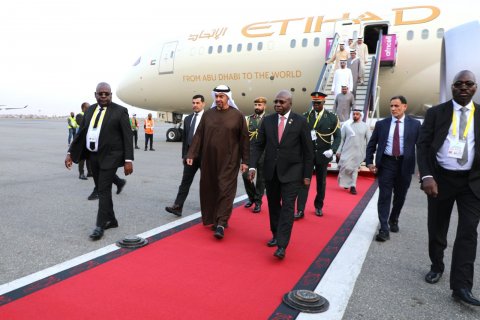“Angola is honored to join the 14 African countries that have already pledged contributions to the WHO investment round and is pleased to announce here a contribution worth eight million US dollars,” said João Lourenço, who was speaking on Monday as acting president of the African Union at the 78th World Health Assembly in Geneva.
In his speech, the head of state defended the financial reinforcement of the WHO, highlighting that the organization continues to be an “essential partner” for most African countries, with technical programs, early warning systems and operations on the ground that “cannot be questioned by uncertainties of a financial nature, much less political ones”.
He criticized, on the other hand, the current WHO financing model, pointing out that only 18 percent of the institution's budget is provided by fixed and predictable contributions.
“Africa is united in support of the proposal to increase assessed contributions, because investing in the WHO is not a useless act, but rather a strategic investment in the future of humanity,” he stressed.
The Angolan President also welcomed the consensus around the new WHO Pandemic Agreement and highlighted the progress made in Angola in the health sector over the last eight years, highlighting the reduction in maternal and infant mortality, the doubling of the network of health units and investment in the training of professionals.
The chief executive defended, on the other hand, the production of medicines and vaccines in Africa, recalling that the Covid-19 pandemic showed the “catastrophic consequences of depending on distant supply chains”, announcing Angola's support for the Africa Vaccine Manufacturing Accelerator.
He therefore urged multilateral partners such as the World Bank, GAVI (Vaccine Alliance) and the Global Fund to adapt their models to support African-led systems, calling for the elimination of artificial barriers that hinder direct funding to institutions such as the Africa CDC.
The President warned of the public health crisis being experienced on the continent, with a 41 percent increase in emergencies between 2022 and 2024 and a drop of more than 70 percent in development aid.
“Africa bears 25 percent of the global disease burden but receives only 1 percent of global health spending. The health crisis in Africa is not a crisis of capacity or knowledge, it is a crisis of exclusion. Exclusion from funding, decision-making, technology and global solidarity,” he stressed.
Advocating for the use of climate finance to support the resilience of health systems, in the context of increasing outbreaks of diseases such as cholera, aggravated by floods and droughts, João Lourenço also proposed the creation of an African Pandemic Fund.
The President also called on the international community to strengthen its commitment to the WHO, not only with financial resources, but also with moral responsibility and political commitment.
“May this assembly be remembered not for its rhetoric, but for its determination to save lives,” he concluded.

